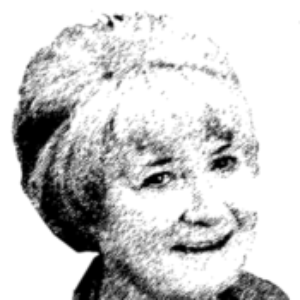As a financial services professional, Jennell Huff sees the risks that older adults face from elder abuse, fraud and exploitation. The onset of the COVID pandemic has made matters worse, forcing many people into isolation.
That passion for protecting older adults – particularly those at increased risk because of dementia – has brought Huff and her employer, Bank of the Rockies, to the Alzheimer’s Association. That commitment has encouraged Huff to bring a variety of resources to the table for the 2020 Walk to End Alzheimer’s taking place virtually throughout Montana in September and early October.
“I think that our missions intersect in that bringing awareness to cognitive decline is important,” said Huff, a relationship manager at Bank of the Rockies’ Shields Valley branch. “To me, COVID isn’t a time to slow down our efforts, but to ramp them up. It’s more important than ever to find ways to engage our elderly residents and make them feel like they aren’t alone or forgotten.”
To demonstrate Bank of the Rockies’ support and determination, Huff has organized the bank’s Walk to End Alzheimer’s team around the theme of “Banking on Hope.”
“Because the Walk is everywhere this year, in my community it truly will be,” she said. “I have approached several of the businesses about setting up ‘check in’ or ‘selfie stations’ at their places of business. We are asking our walkers to snap selfies at these places and send them to me. We have a prize for first, second and third place in Shields Valley.”
Huff also crossed generational lines to recruit a preschool, Elevate Our Shields Valley, where the children have created small purple footprints on the bank’s sidewalk for the day of the walk. And the school district’s art teacher, Belit Pigman, will have her K-12 students create flowers for a Promise Garden that will be displayed in Bank of the Rockies’ office throughout the month of September.
The harsh facts are that there are more than 47 million people around the world living with Alzheimer’s disease, including 6 million in the U.S. and 22,000 in Montana. And it is the only leading disease without a prevention, treatment or cure.
On Walk day, an opening ceremony will feature local speakers. These events will be delivered to participants’ smartphones, tablets and computers.
New features are being added to the Walk’s mobile app. Participants can use the app and new “Walk Mainstage’’ to:
* Track their steps and distance
* Follow a virtual Walk path
* Manage their Facebook fundraisers and
* Access information and resources to help individuals and families affected by the disease.


